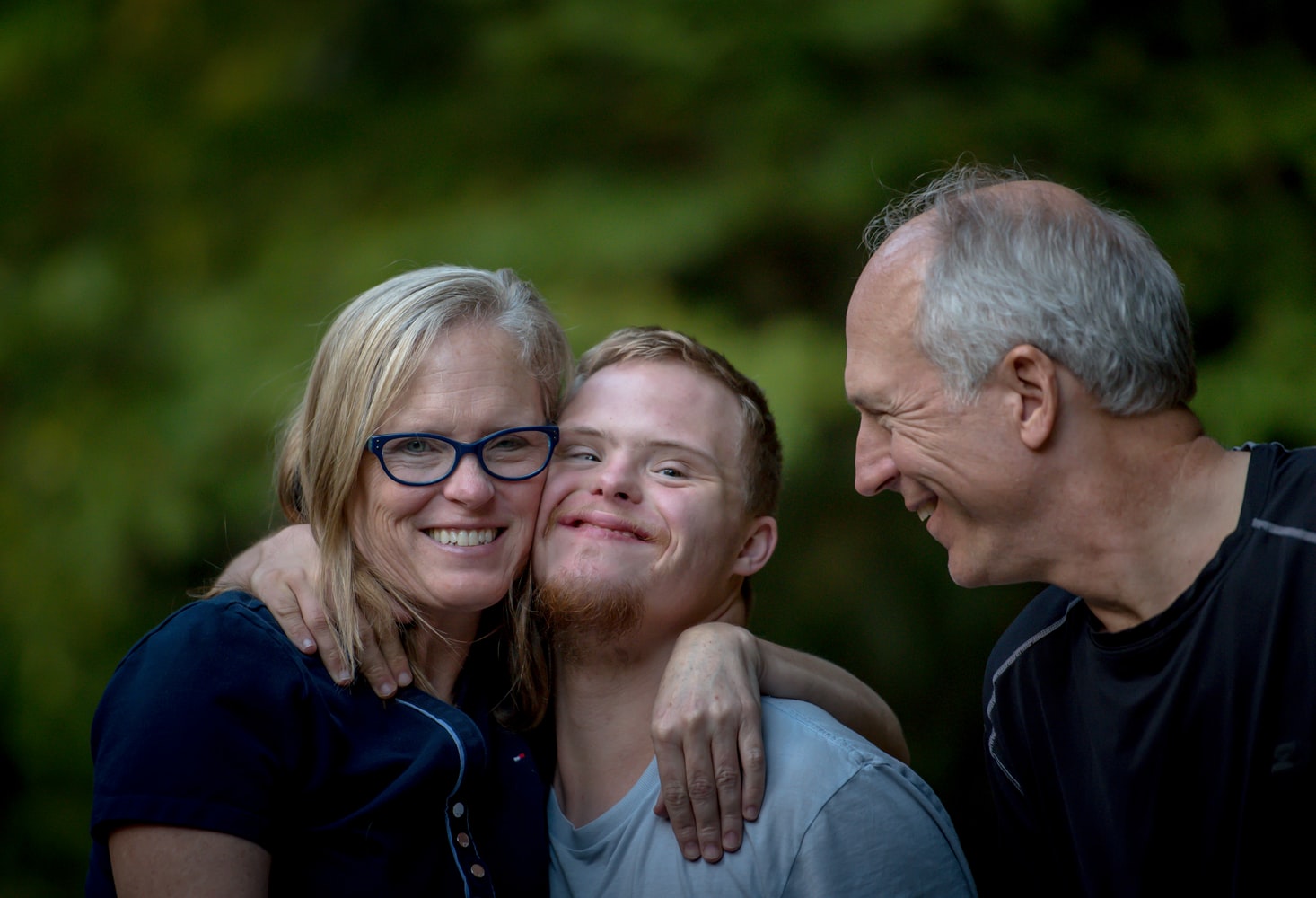It may sound obvious, but a person’s weight may have a dramatic effect on their overall health, especially the health of their heart. Excess weight may be dangerous for your heart because it increases the risk for conditions that lead to heart disease, such as high blood pressure, high cholesterol, and diabetes, but that’s not the only reason.
According to Harvard Health, the fat located in your abdomen, otherwise known as visceral fat, lies deep enough to surround your organs and disrupt their function. The fat around the belly is especially metabolically active, this means it creates several factors, such as hormones, that increase the risk for heart disease. Although this may sound scary, if you are proactive with your diet and health, you can lower your risk of metabolic syndrome and heart disease.
How to Fight Back from Metabolic Syndrome
- Reduce the amount of candy, cookies, and white bread you eat. Eating a great amount of simple carbs may increase central obesity.
- Practice portion control on a regular basis. As silly as it sounds, you can trick your brain into thinking you’re eating more and feel fuller by eating your meals on a salad plate. Also, most restaurants have a tendency to give meal portions that are too large. If you eat a half or third of your meal, you can cut your calorie intake greatly, and have leftovers for another meal!
- Make sure you are keeping yourself moving on a regular basis. Briskly walking for 30 minutes a day can help you burn about 150 calories a day!
If you are concerned with the health of your heart, make sure you contact your doctor to get the necessary tests and treatments to keep your heart healthy for years to come.
Dr. Barbara Edwards, Princeton internist practices at Penn Medicine Princeton Health in the Penn Medicine Princeton Medical Center and also serves as Medical Director of the Bristol-Myers Squibb Community Health Center.






